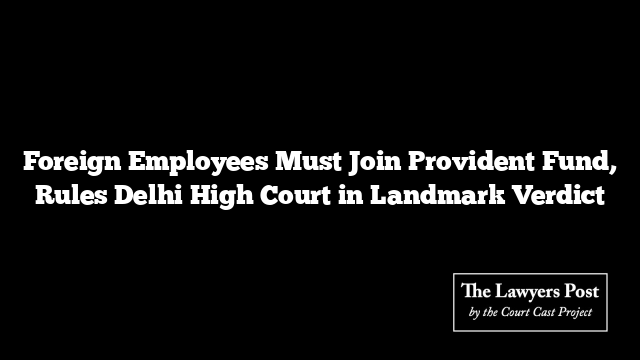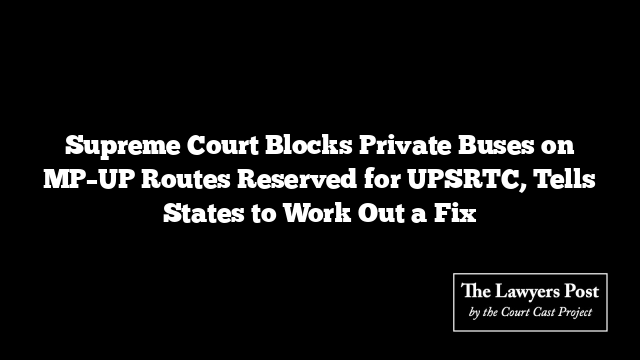In a ruling that reinforces India’s social security framework, the Delhi High Court has confirmed that foreign nationals working in the country are required to participate in the Employees’ Provident Fund (EPF), upholding two central government notifications that made such inclusion mandatory.
The bench, led by Chief Justice Devendra Kumar Upadhyaya and Justice Tushar Rao Gedela, declared that the government acted within its authority under the EPF Act of 1952 to extend the scheme’s scope to international workers. The court dismissed petitions from SpiceJet and LG Electronics, both of which had challenged the mandatory contribution rule for foreign employees.
“The notifications stand on sound legal footing. No infirmity exists in their issuance,” the court concluded.
The controversy revolved around two notifications — one issued in October 2008, introducing Paragraph 83 to the EPF Scheme, and another in September 2010, refining its language and defining “international workers.” These provisions established a special framework for expatriates, detailing who qualifies as an “excluded employee” through Social Security Agreements (SSAs) and stipulating that contributions must begin from the date of joining.
The petitioners contended that the rule unfairly discriminates between Indian and foreign workers. While Indian employees earning above ₹15,000 a month can opt out of the EPF, expatriates must contribute regardless of salary. They also argued that the withdrawal rule at age 58 is impractical for short-term foreign employees and exceeds the government’s delegated powers under the Act.
Rejecting these arguments, the court applied the constitutional test under Article 14 and found the classification between Indian and international employees to be rational and legally sound. It emphasized that the distinction was based on economic and policy considerations — not arbitrary discrimination.
In its reasoning, the court also highlighted that the provision was rooted in India’s international obligations. “Paragraph 83 was inserted to fulfill India’s treaty commitments under Social Security Agreements. Interference with such provisions would undermine the legal foundation of these treaties,” the judges noted.
Having upheld the core framework, the bench also dismissed all associated challenges to later circulars and enforcement notices, affirming that they derive legitimacy from the validated notifications.
With this judgment, the Delhi High Court has effectively cemented the position that all foreign nationals working in India — unless exempt under specific SSAs — must be enrolled in the EPF and contribute alongside their Indian counterparts.





